Minimalism vs Essentialism – these practices loved by experts will make your life streamlined and meaningful
You will reevaluate your life and possessions after learning about these two practices from the pros

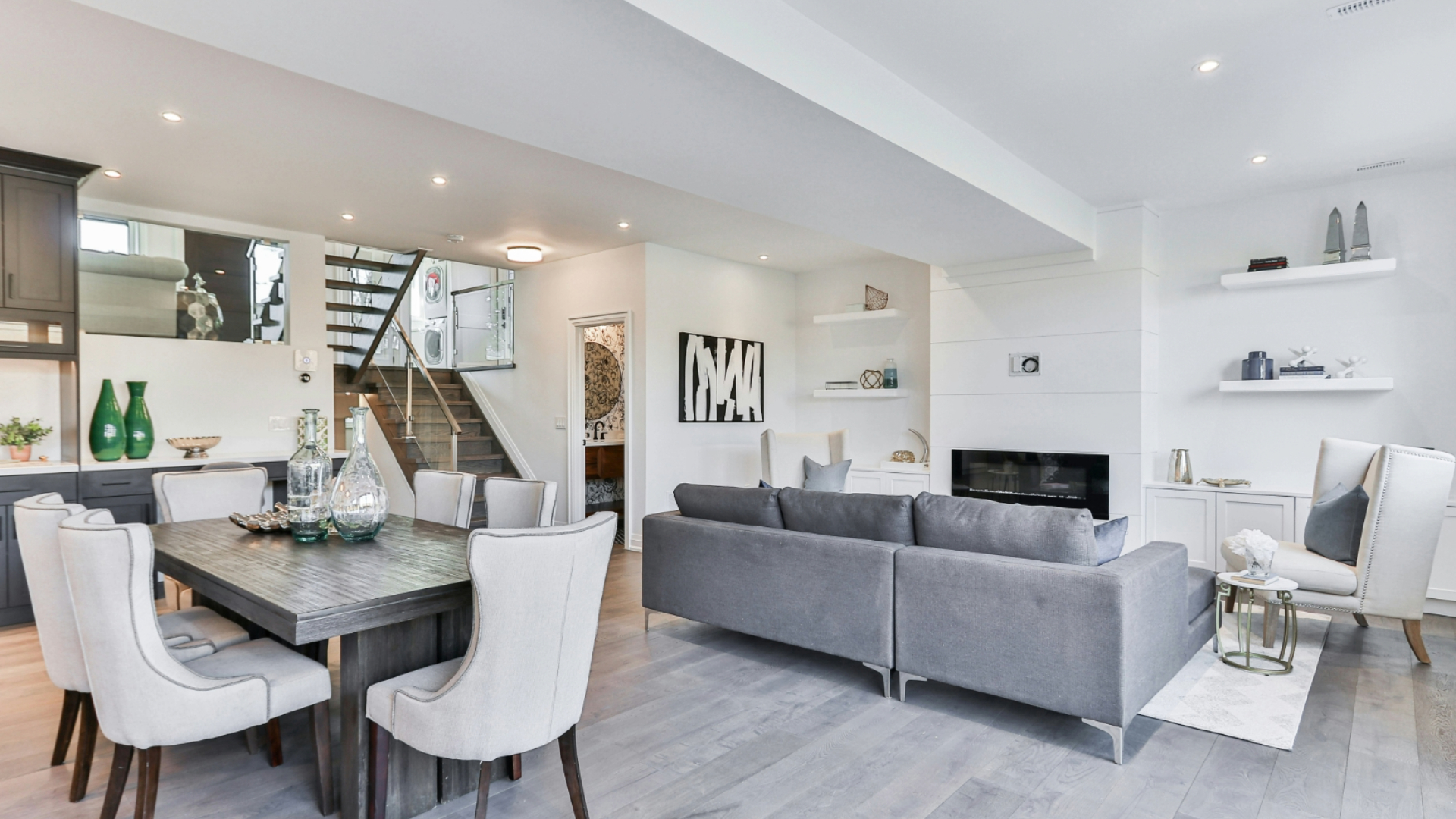
Design expertise in your inbox – from inspiring decorating ideas and beautiful celebrity homes to practical gardening advice and shopping round-ups.
You are now subscribed
Your newsletter sign-up was successful
Want to add more newsletters?

Twice a week
Homes&Gardens
The ultimate interior design resource from the world's leading experts - discover inspiring decorating ideas, color scheming know-how, garden inspiration and shopping expertise.

Once a week
In The Loop from Next In Design
Members of the Next in Design Circle will receive In the Loop, our weekly email filled with trade news, names to know and spotlight moments. Together we’re building a brighter design future.

Twice a week
Cucina
Whether you’re passionate about hosting exquisite dinners, experimenting with culinary trends, or perfecting your kitchen's design with timeless elegance and innovative functionality, this newsletter is here to inspire
Let’s face it, we can all admit we have a little more clutter in our homes that we'd like. It finds its way everywhere: snaking along the floor of your hallway, crammed into the under-stair storage, and nearly forgotten in boxes at the back of the loft.
Seeking to encourage minimalism at home might be what you see as the answer – throwing away all you can in pursuit of a sleek, streamlined aesthetic – but haphazardly removing items from your life with little thought can lead to clutter accumulating, or feelings of regret.
We spoke to experts in the fields of minimalism, essentialism and organization to break down in digestible terms what ‘minimalism’ and the lesser known ‘essentialism’ are, and what they could add to your day to day living. These discussions will warn you of the stereotypes of minimalism, while teaching you what it means to live an abundant life with less.
What is minimalism?
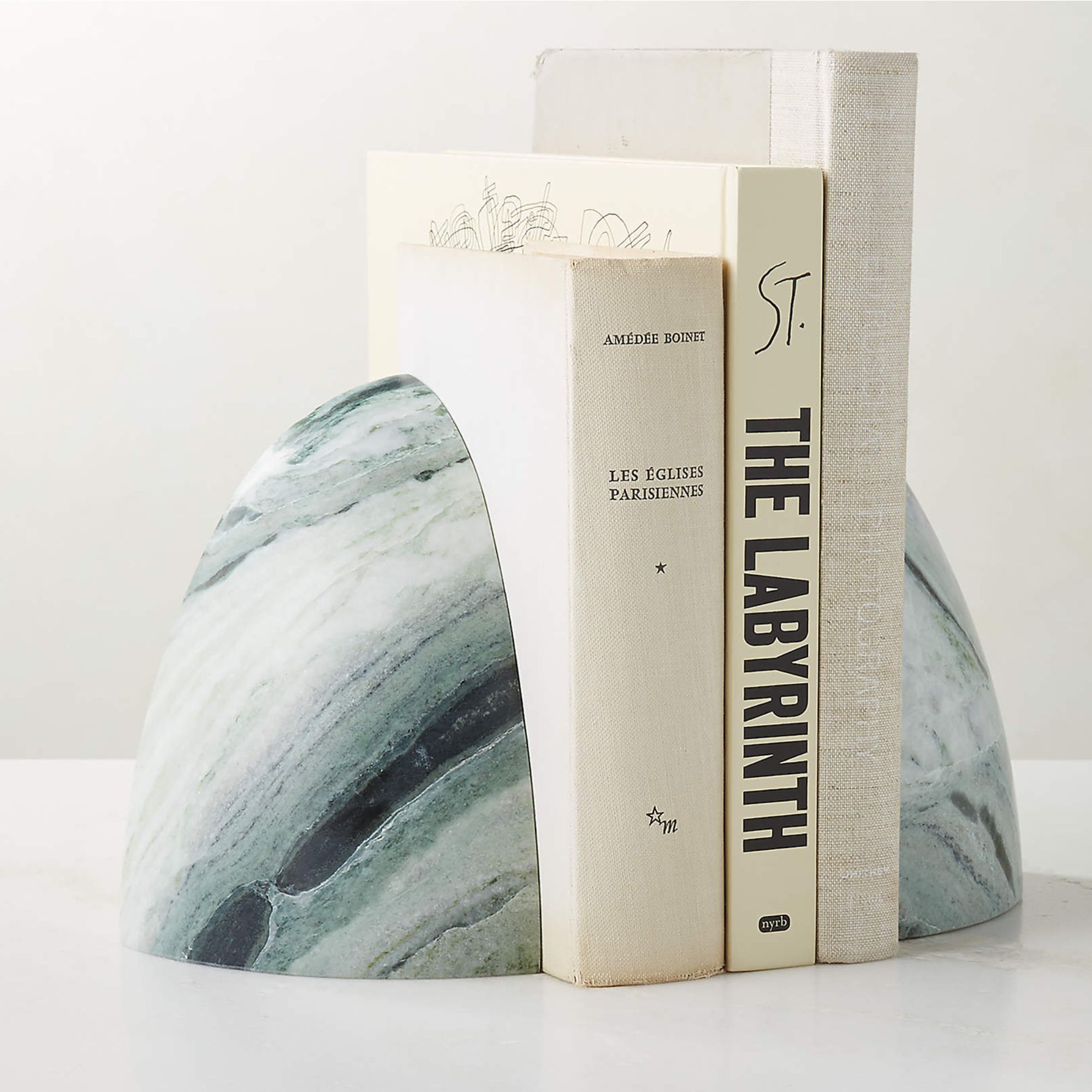
Minimalism isn’t about blank walls or a home with no character, but rather the act of simplification and understanding the lesser-known benefits of organizing your home. We’re not referring to the stereotypical version of simplicity that has come from the rise of minimalism as an aesthetic – we’re referring to minimalism as a practice seeking to eliminate the physical possessions in a person’s life that no longer serve them.
‘By reducing possessions and focusing on essentials, minimalism naturally leads a person to having a more organized home,’ says Barbara E. Tanaka, Strategic Home Design and Organizing Advisor at Real Estate Bees. ‘Practicing minimalism mindfully makes a person more aware of what they allow into their space to begin with, simplifying their surroundings to include only what they want, need, use or love.’
The key focus here is what ‘you’ want, need, use or love – the subjectivity. Minimalism will never look the same for everyone, and it’s important to keep reminding yourself of that during your decluttering journey.
‘Using the least amount of things to accomplish a task, whether that's to avoid over-consumption, for environmental purposes or to make your life easier by simply having less to manage, doesn’t mean you have to be living in a home lacking human comfort,’ says Kim Corey, Certified Professional Organizer and Founder of Finely Sorted Organizing.
Design expertise in your inbox – from inspiring decorating ideas and beautiful celebrity homes to practical gardening advice and shopping round-ups.
Barbara adds, ‘It’s a personal journey, it doesn’t look the same for everyone. Minimalism is sometimes seen as a radical lifestyle, though it can be adapted to different degrees.’
You might be someone who enjoys picking from 15 different shirts each morning or you may swear by living with seven, one per day of the week. Whatever works for you is valid, so long as you take some time to reflect on whether you truly wish to keep each one of those shirts. If you genuinely use all 15 and they add value to your existence, keep them.
Try not to get too caught up in the quantity of possessions, but instead the quality and value they bring into your life.
What is essentialism?
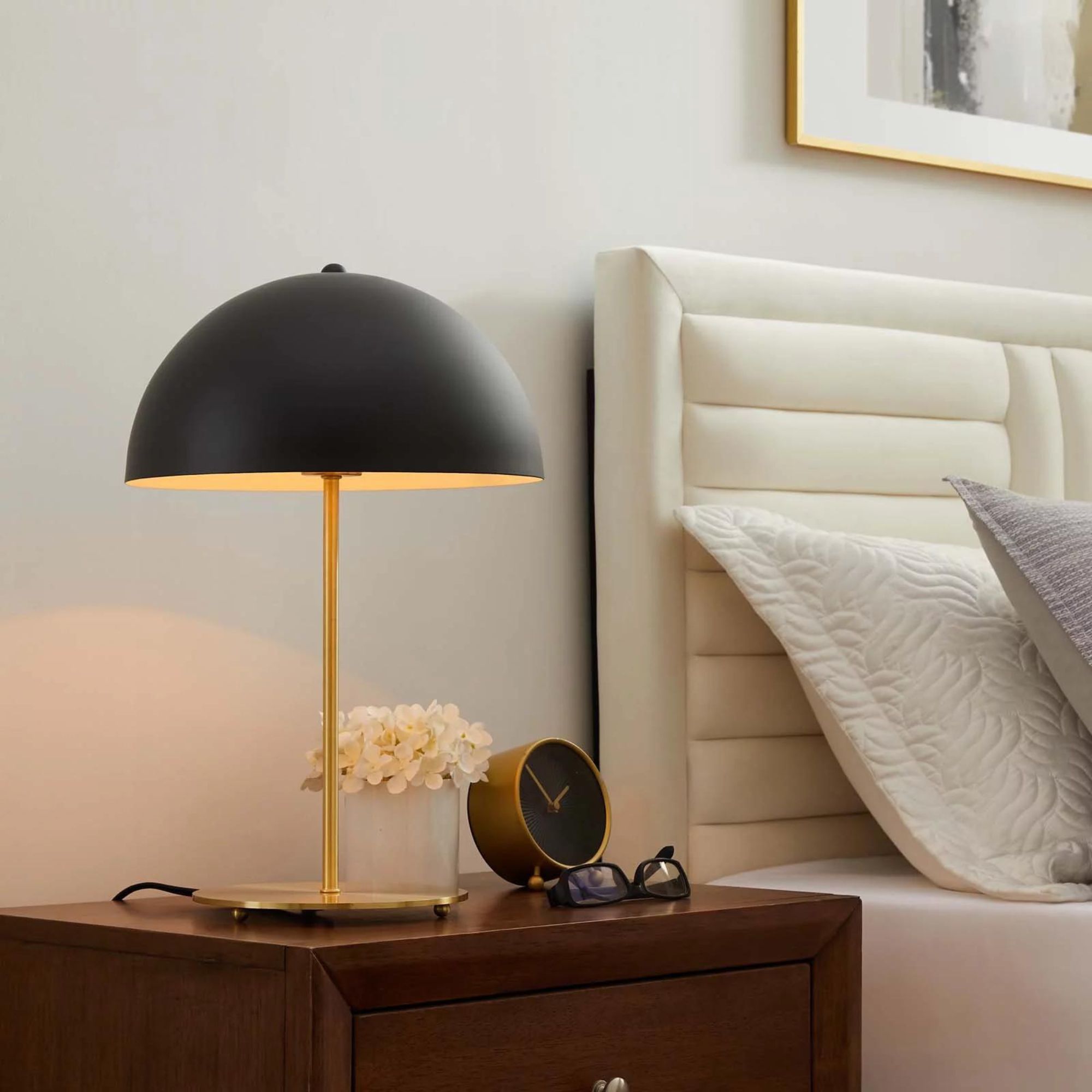
Essentialism and minimalism hold some similar crossover points, with both incorporating decluttering practices that minimalists swear by. However, their mindsets when approaching improving someone's lifestyle differ.
‘In a nutshell, essentialism involves doing less but better,’ explains Barbara. ‘It starts by identifying what is truly important and then prioritizing those things. Therefore, essentialists aim to use their time and energy optimally, leading to a life of meaning, productivity, and service.’
One of the main distinguishing features between minimalism and essentialism is a person’s focus on stuff. In minimalism, people typically focus on cleaning, organizing and decluttering their environment and physical possessions, whereas in essentialism it’s more about putting a person’s entire life under that lens. Is every commitment in your calendar a must? How about your friendships, are there any toxic ones that need letting go?
‘You are freed by limits,’ says Kim. ‘The less busy you are with unneeded commitments, the more space you have for a quality life of experience and relationships. You focus on what will make the biggest return on your investment of time.’
Amanda Wiss, Founder of NYC-based home staging company, Urban Staging, and home organizing company, Urban Clarity, adds, ‘I’d describe essentialism as addressing your needs before your aesthetic. You cut out the frivolous in a way that minimalism doesn’t necessarily do.’
“Commitments” here as much refers to surplus calendar invitations as it does physical possessions. In an essentialist mindset, every object is seen as something that takes up a person’s time and energy: you use up energy caring for it, searching for it among the rest of your clutter, and thinking about its existence in your home. This is time that could be spent in a more productive way, such as working towards a goal or experiencing a beautiful sunset. Time is seen as the most important possession – anything else is inferior as time is a non-renewable resource.
‘By managing your time and reducing stressors, essentialism helps you to maintain a neater home, too, as you have more time and energy to keep your space organized,’ says Barbara.
Minimalism vs essentialism
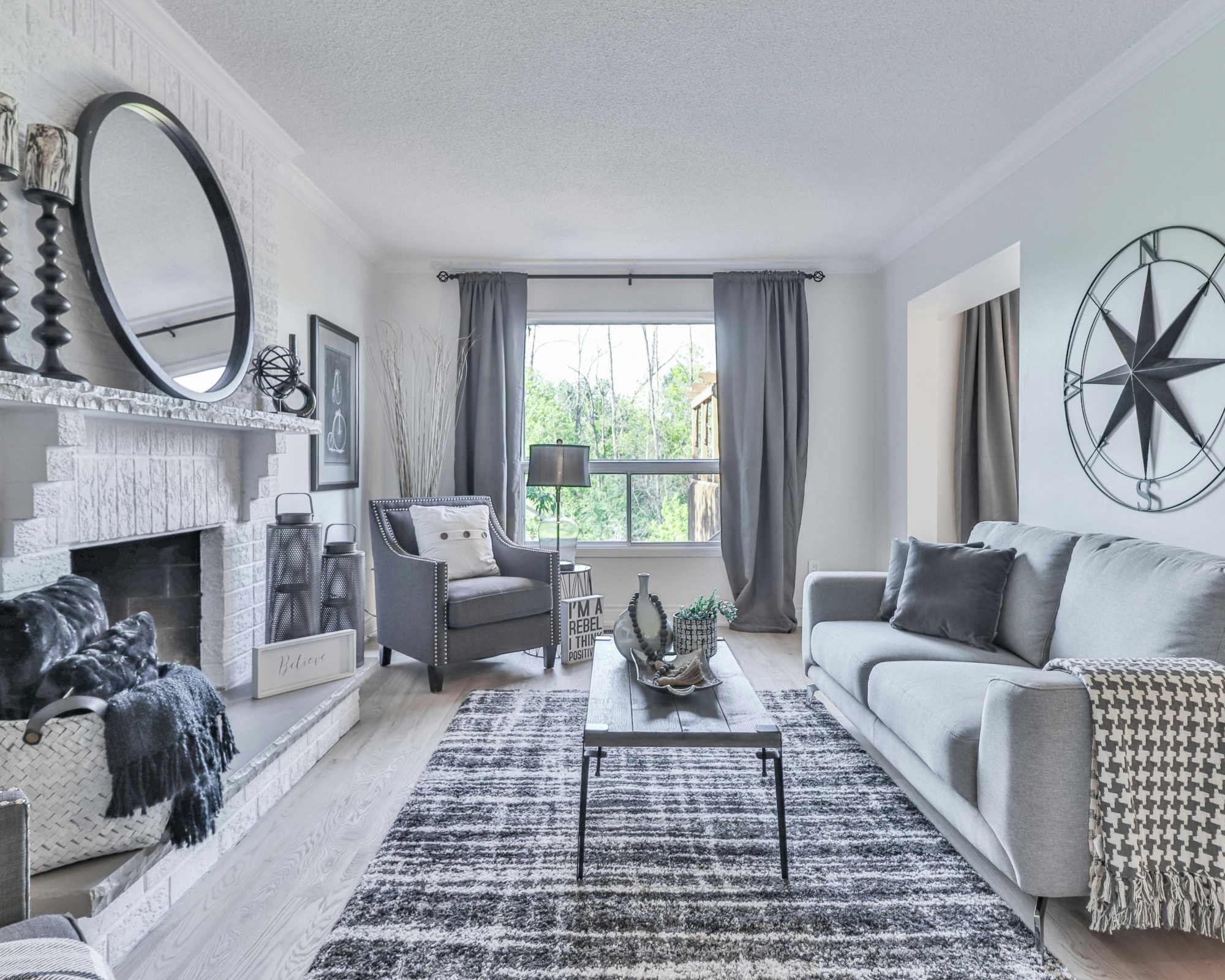
It’s clear that there is an overlap with these two practices as, noted by Amanda, ‘both lifestyles emphasize an absence of clutter and encourage someone to streamline their lifestyle to the basics.’ But it’s important to remember that what works for one person may not work for the next, therefore it’s hard to say if either of these practices are objectively better than the other.
We believe that the principles minimalism and essentialism work best in conjunction, where a person considers points about both while embarking on decluttering.
Imagine the great combo of minimalism-meets-essentialism: being mindful of the quantity of items in your home, but not having hitting a certain target number of items in your wardrobe, for instance, as the end goal. Then, at the same time, you will also be considering the broader scope of making your entire life more efficient and time-saving.
If you’re still unsure about where to begin, you can always consider seeking help. ‘Both of these practices encourage mindfulness and living the best life we can, but hiring a professional can give a person even more insight into their world with an objective eye,’ says Kim.
What matters most is that you keep the idea of this being a journey at the forefront of your mind. It will take time, effort and discovery, but it’s worth it to help make your life and home whatever you wish for it to be.
You don't have to be a minimalist (or an essentialist) overnight, or ever, if it doesn't make you happy. But if you wish to know the answer to 'can decluttering change your life?', reflecting on both of these practices is a great place to start.
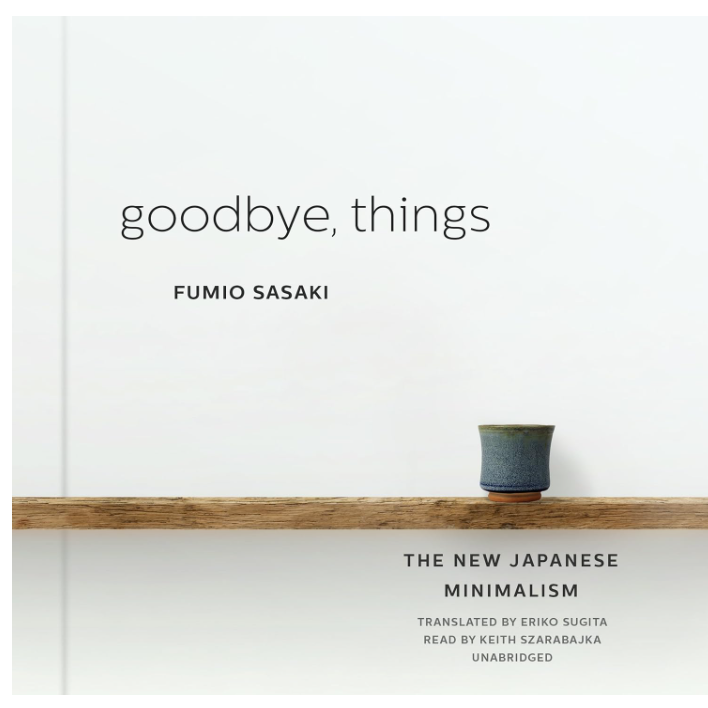
If you like Marie Kondo, this book is a great follow up read, written by a man who was stressed and constantly living a life of comparison. He is not a minimalism expert or organizing pro, but his book covers the transformation he experienced once he decided to ditch everything he didn't absolutely need, gaining freedom, focus and gratitude. His book contains tips and details of his life-changing personal experience.
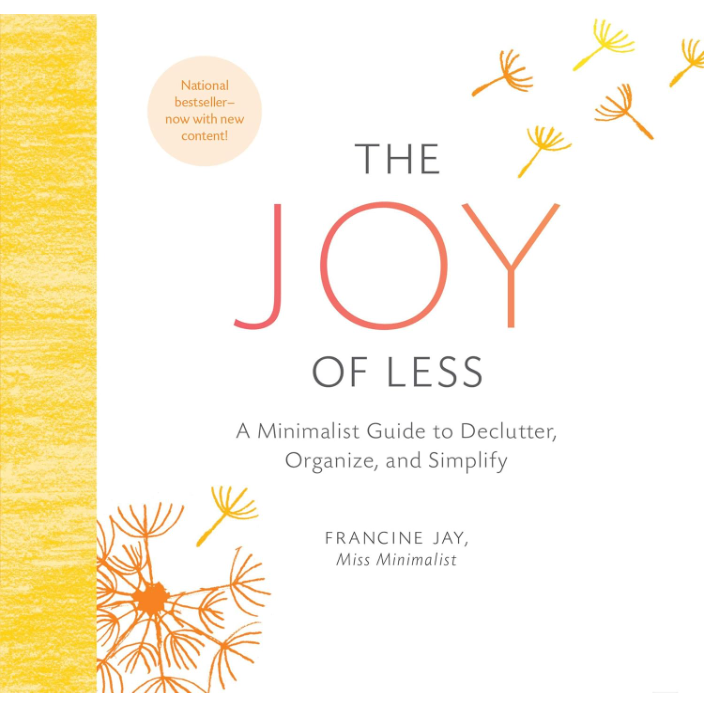
If you're feeling overwhelmed by the number of things you own, this book is a great read for figuring out how to simplify your life. It is written in four parts detailing the rewards of paring down, introducing the author's Streamline method, tips per room, and how to get the people you live with on board.
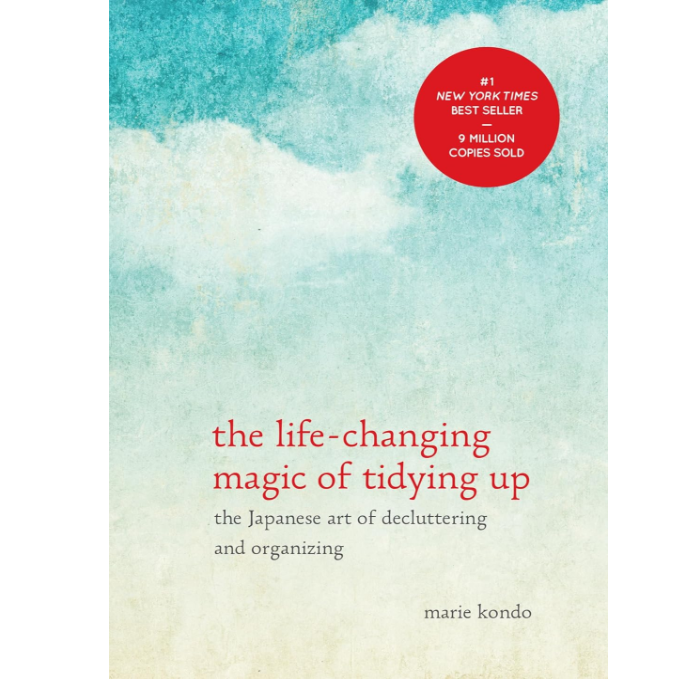
This is the book that spawned a whole industry of books, TV shows and magazine articles about the joy of of tidying up and has been described as one the most influential books of its decade. Cleaning consultant Marie Kondo elevates decluttering and organization in a way never seen before and the results for your home, and life will be transformative.
Taking time to be mindful and understanding the true roots of minimalism and essentialism are a must if you’re looking to create long-lasting, impactful change in your life.
When coupled with other practices such as mindful decluttering, you can not only work to streamline your life, home and belongings in a meaningful way, but build a belief system that works for your and your family.
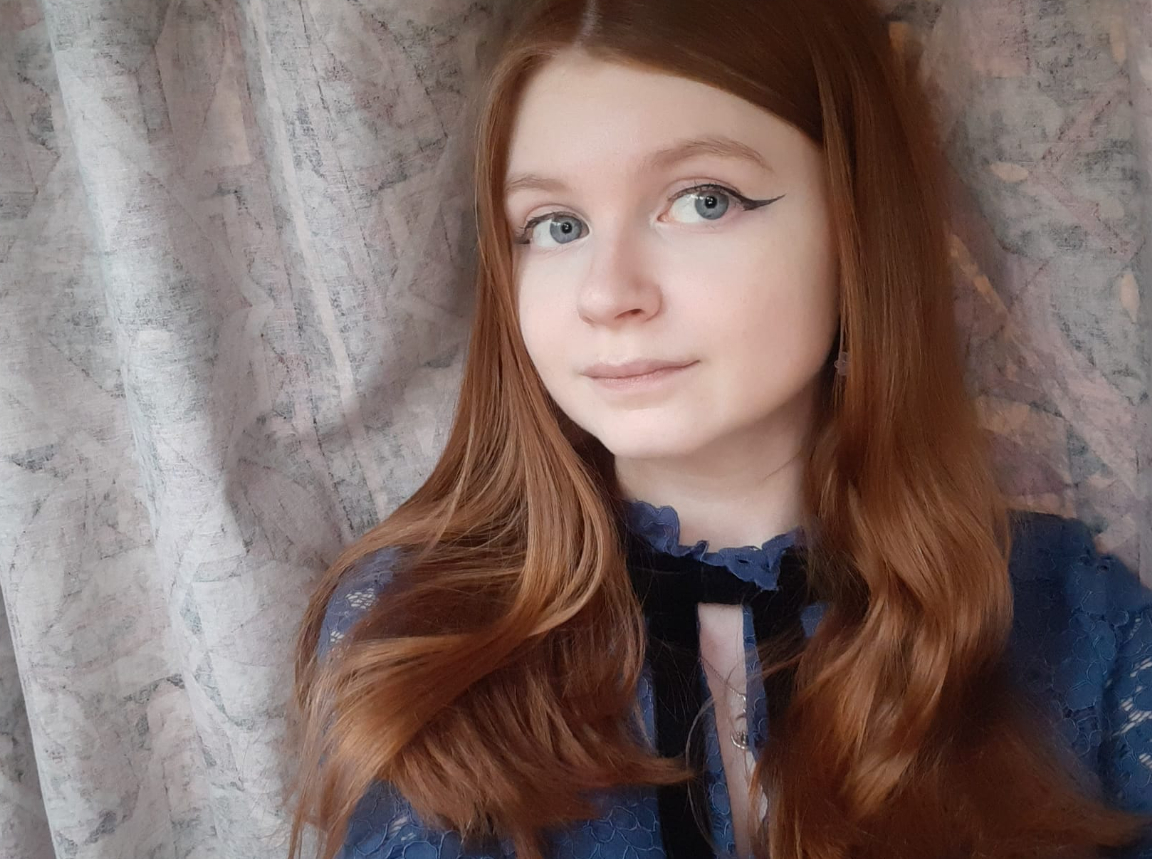
Ciéra is a writer and regional laureate with particular passions for art, design, philosophy and poetry. As well as contributing to Homes & Gardens, she's an Editorial Assistant for Design Anthology UK and a contributing writer for magazines including Livingetc, Apartment Therapy, House Beautiful and Ideal Home. Previous commendations of hers include being Highly Commended by The Royal Society of Literature and receiving a prestigious MA Magazine Journalism scholarship to City, University of London.